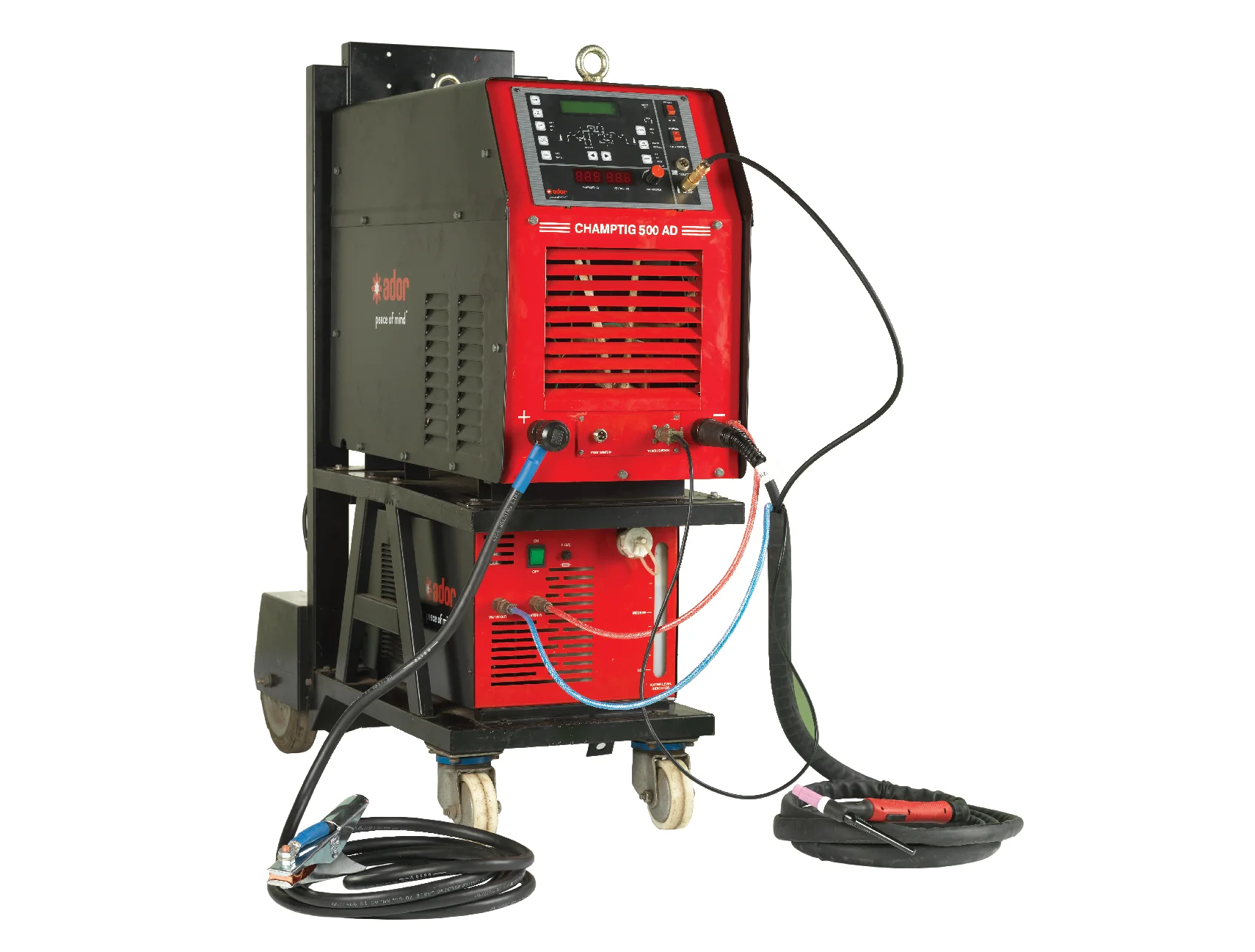Welding, the art of joining materials through the application of heat and pressure is a critical process across various industries, from automotive manufacturing to aerospace engineering. Achieving precision in welding is paramount, as it directly impacts the structural integrity, durability, and overall quality of the final product. To attain this level of perfection, welding machines have undergone a remarkable transformation, evolving into highly advanced, precision-engineered tools that ensure flawless welds every time. Precision welding machines represent the culmination of decades of innovation and engineering expertise. These machines are designed with a single-minded focus on accuracy and reliability, making them indispensable in industries where structural integrity is non-negotiable. One of the key advancements in precision welding machines is the incorporation of advanced computer control systems. These systems enable welders to precisely control variables like heat, voltage, and wire feed rate, ensuring consistent and uniform welds. Whether it is a complex aerospace component or a critical automotive chassis, the ability to fine-tune welding parameters is essential for maintaining the highest standards of precision. Additionally, modern precision welding machines are equipped with cutting-edge sensors and monitoring technologies.

These sensors can detect even the slightest variations in the welding process, such as fluctuations in arc length or wire speed. As soon as irregularities are detected, the machine’s control system can make instantaneous adjustments, portable welder 1000 $2.93 $1,465.51 1.00 guaranteeing that the weld remains on track, free from defects or deviations. The materials used in welding have also seen significant advancements. High-strength alloys, exotic metals, and composite materials are now commonplace in various industries. Precision welding machines are engineered to handle these materials with finesse, offering specialized welding processes tailored to each material’s unique properties. Whether it is the lightweight aluminum of an aircraft fuselage or the high-strength steel of a pressure vessel, these machines can adapt to the specific demands of the task at hand. Moreover, precision welding machines have evolved to accommodate a wide range of welding techniques, from traditional TIG and MIG welding to advanced processes like laser and electron beam welding. This versatility allows manufacturers to choose the most suitable method for their application, further enhancing precision and efficiency.
Durability and reliability are non-negotiable factors for precision welding machines. These machines are often subjected to demanding work environments, where they must perform flawlessly day in and day out. To meet this challenge, manufacturers employ rugged materials, robust construction, and stringent quality control measures to ensure that their machines withstand the rigors of industrial use. The precision welding machines of today not only deliver perfection in the final weld but also offer improved energy efficiency and reduced environmental impact. Advanced power sources and welding techniques minimize heat-affected zones, reducing material waste and energy consumption. In conclusion, precision welding machines have come a long way, evolving into sophisticated tools that embody the pursuit of perfection. With their advanced control systems, sensors, and adaptability to a wide range of materials and techniques, these machines are the linchpin of quality and precision in modern manufacturing. As industries continue to push the boundaries of what is possible, precision welding machines will remain at the forefront, ensuring that every weld is engineered for perfection.